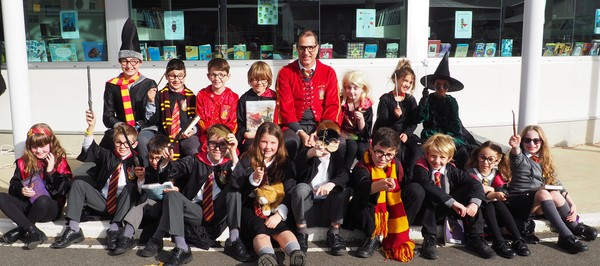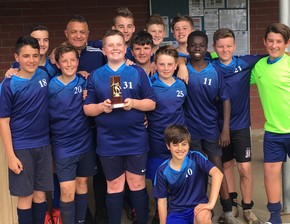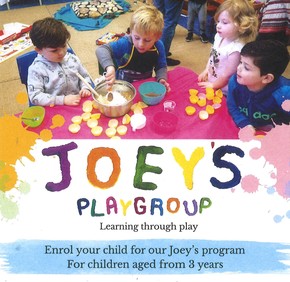Did you know there are five key skills that help children learn to read? The third is ‘vocabulary’. Read on for seven great tips on how to help your little one lay the foundations for this important skill.
What is ‘vocabulary’?
Your child’s ‘vocabulary’ is the set of words that they know, use and understand. Research has shown that children with larger vocabularies do better at reading and at school in general. This is because students who know more words can understand new ideas and concepts faster than students who have more limited vocabularies.
Our vocabularies continue to grow as we learn new words throughout our lives. Children learn many words incidentally, as they hear them in conversation or come across them in books. When they get to school, they will also be taught many new words to help develop their vocabularies.
How can you help your child?
You are already doing lots of things to develop your child’s vocabulary. Use the seven tips below to build on this.
Read, read, read!
Read to your little one as much as possible. When you come across a word they might not know, tell them what it means. Simplify definitions according to your little one’s age and development, and give them lots of detail and examples. For example, if you come across the word ‘enormous’, you could say ‘’Enormous!’ – that’s a good word! It means really, really big! – Not just big, like I’m big and you’re little, but REALLY big like a giant!’
Talk and describe
Little children absorb everything they hear – the more they hear you speak, the more words they learn. So talk as much as possible to your little one – just describing your daily activities exposes your child to lots of words. For example, ‘I’m going to rinse out this yellow sponge and wipe the table clean.’ or ‘Let’s put on our raincoats, it’s starting to drizzle.’ As your little one gets bigger, ask open questions and encourage your little one to speak more and describe things to you.
Increase their exposure
Going to different places naturally builds your little one’s vocabulary – you use different words when you are at the market, the zoo, the park or the library. Talking with different people also helps to build your little one’s vocabularies – grandma probably talks about different things and uses different words to the kids next door! Listening to conversations between adults is also great, as adults often use different words with each other compared to when they are talking to children.
Play with words
Playing with words through games, songs, and humour can help your little one pay attention to the words around them, and make learning new words fun and interesting. Sing songs, recite nursery rhymes, play rhyming games, or make up your own word games. For example, pick an object and take turns thinking of different words to describe it – ‘A pretty butterfly, a fast butterfly, a brave butterfly, an enormous butterfly.’
Praise
Praise your child when they use new words, even if they don’t quite get them right. If you want to teach them the right way to use the word, try to model the correct way in your response, rather than directly pointing out their mistake. This builds their confidence to keep trying when they are having trouble with something, and makes them a more resilient learner.
Let your child be the guide
Children develop at their own pace, and your little one may not be interested in reading or playing words games right now. That’s ok! Be patient and don’t push it – it’s important to keep learning fun. By providing exposure to books, language, descriptions and conversation, you are helping them develop a large vocabulary, and setting them up for success at reading.
Use your home language
If your home language is not English, you can also apply the same ideas in your own language. This will help lay the foundations for your little one to learn to read English (and your own language).
|








